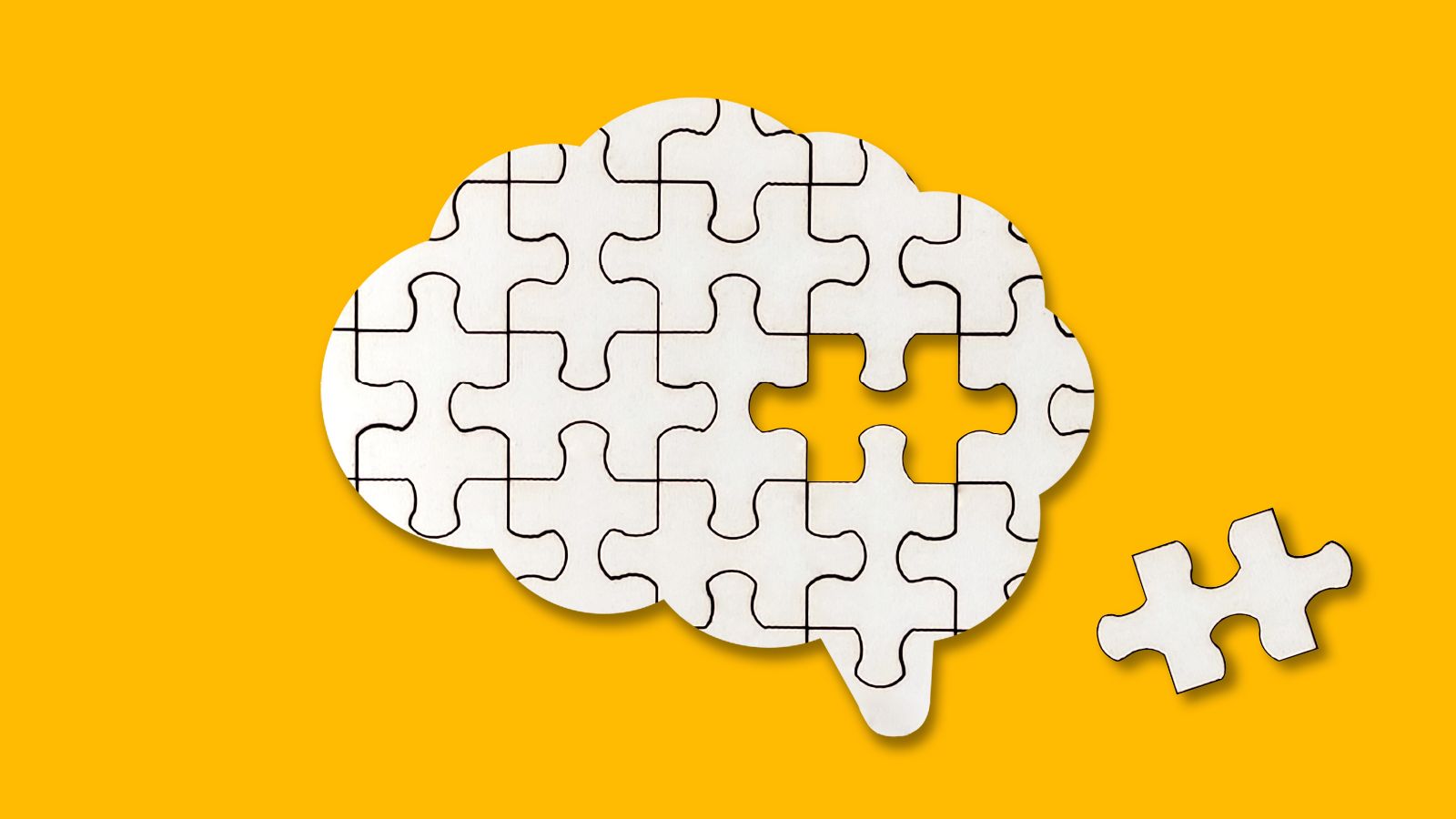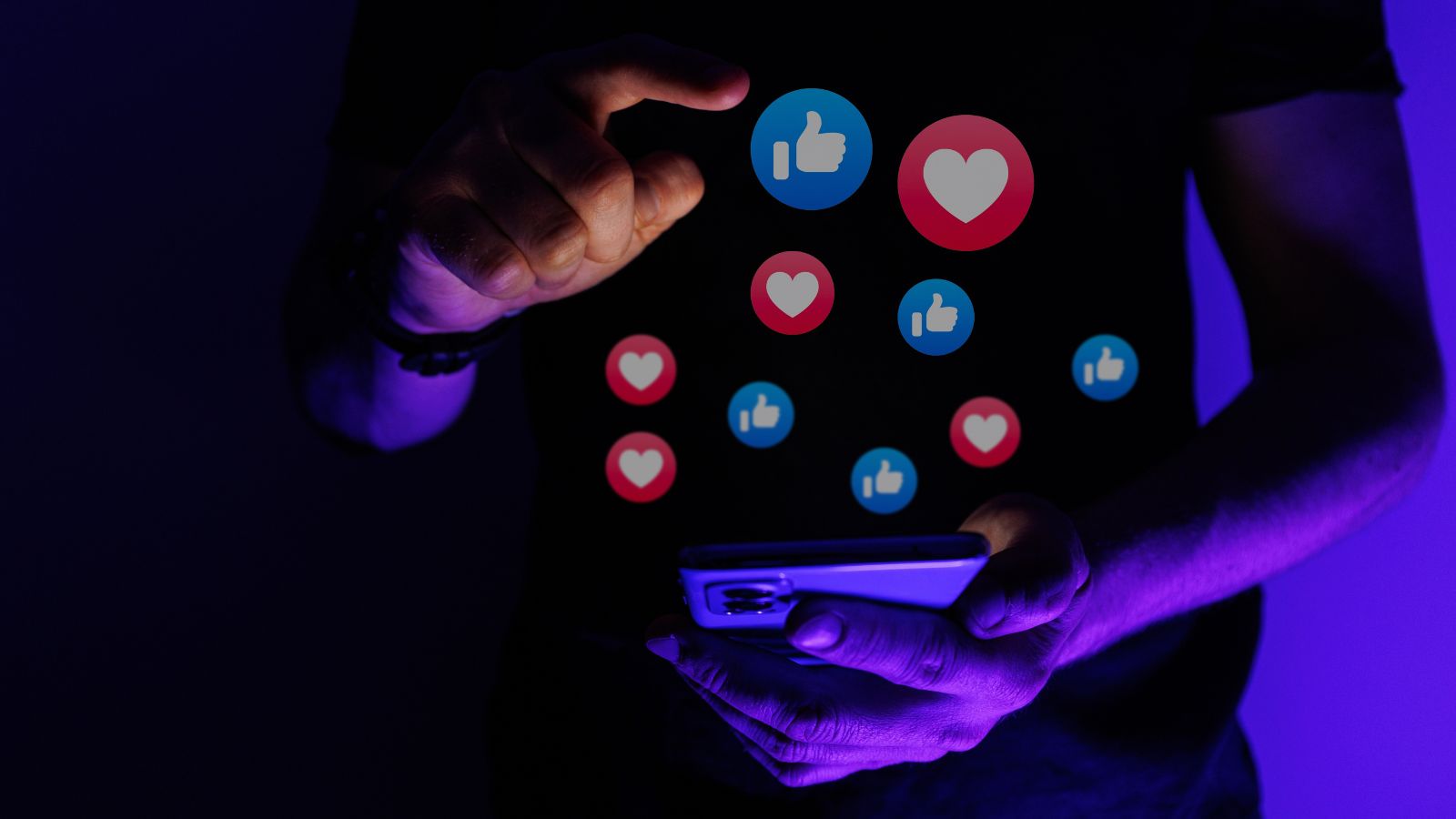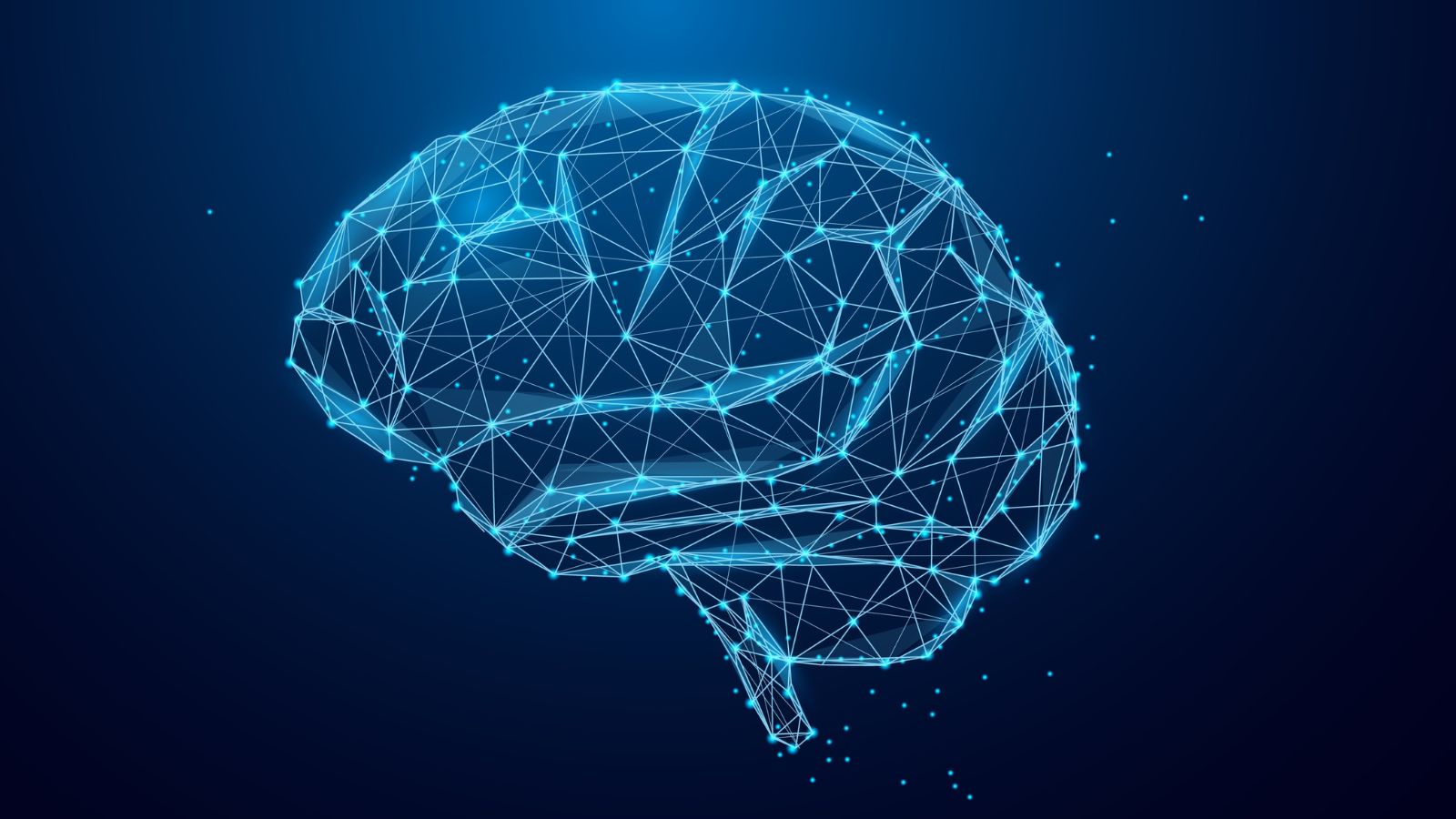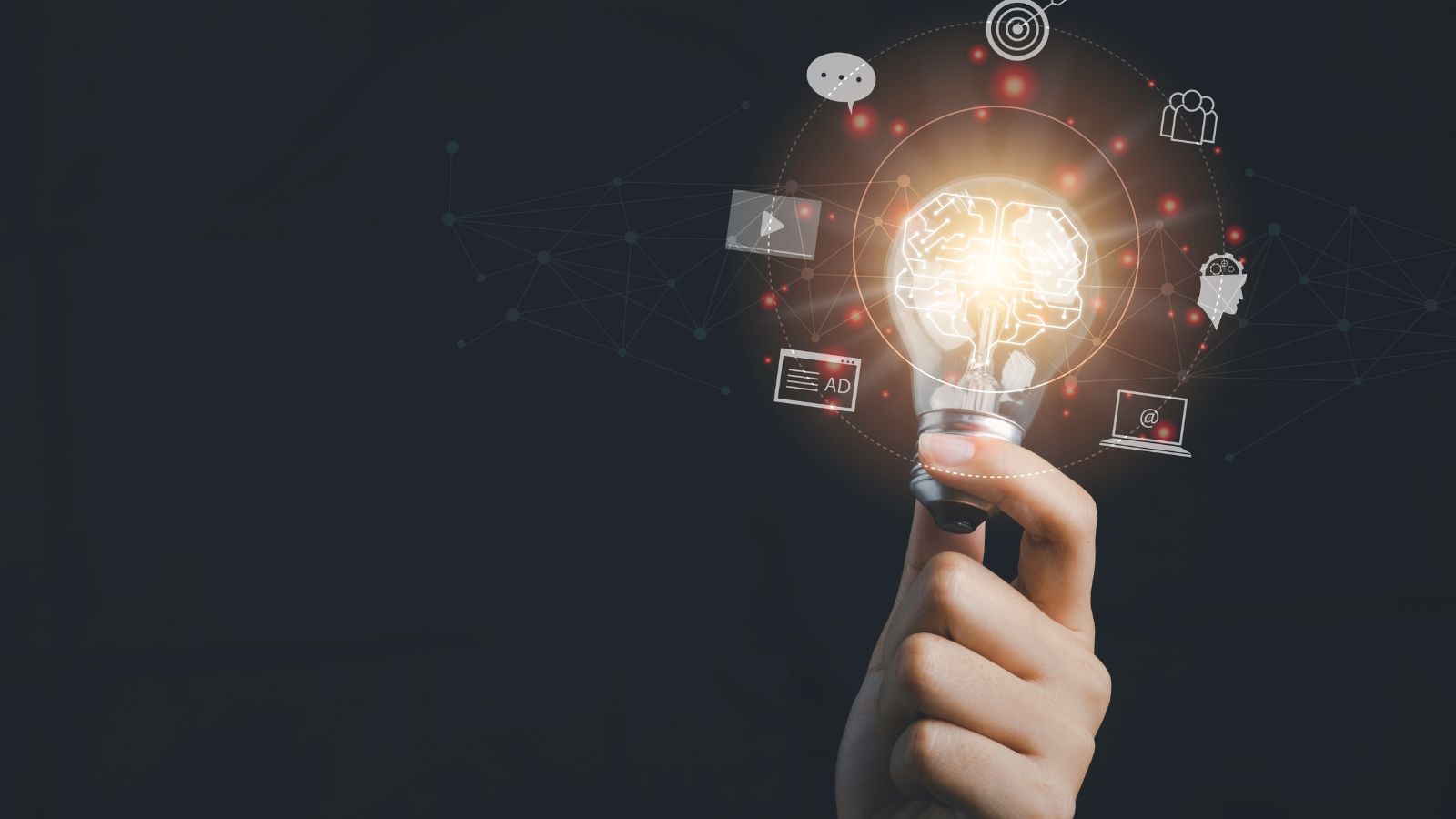In today’s hyper-connected world, our reliance on digital devices is unexpectedly reshaping our brains. From memory to mental health, the impact is profound and multifaceted. Here are 19 surprising ways digital dependency is quietly changing your brain:
Memory

Our brains are becoming less adept at storing information because we rely on smartphones and other devices to remember things. This phenomenon, known as “digital amnesia,” means we often forget information that we know we can easily look up later.
Attention Span

The constant barrage of notifications and the habit of multitasking are shortening our attention spans. Studies show that frequent digital interruptions can make focusing on a single task harder for an extended period.
Social Skills

Increased screen time is reducing face-to-face interactions, which can negatively impact our social skills. People who spend more time online may find it harder to read social cues and engage in meaningful conversations.
Mental Health

Excessive use of digital devices is linked to higher levels of anxiety and depression. The pressure to stay connected and the fear of missing out (FOMO) can contribute to mental health issues. Balancing screen time with offline activities is crucial for maintaining mental well-being and reducing the negative impact of digital dependency.
Sleep Patterns

The blue light emitted by screens can disrupt sleep cycles by interfering with melatonin production, the hormone that regulates sleep. This disruption can lead to insomnia and poor sleep quality. Balancing screen time, especially before bed, is crucial for maintaining healthy sleep patterns and ensuring restful, restorative sleep.
Brain Structure

Heavy use of digital devices can alter brain structure, particularly the grey matter involved in muscle control and sensory perception. Research suggests constant exposure to digital stimuli changes brain regions responsible for cognitive functions. Balancing digital use with offline activities is essential to maintain healthy brain structure and function.
Cognitive Load

The vast amount of information processed daily can overwhelm our cognitive load, making it harder to retain and process information effectively. This cognitive fatigue can lead to decreased productivity and mental exhaustion. Balancing digital consumption with offline activities is essential to manage cognitive load and maintain mental clarity and efficiency.
Emotional Regulation

Digital dependency can affect our ability to regulate emotions. The instant gratification from digital devices makes it harder to manage frustration and delay gratification in real life. Balancing screen time with offline activities is crucial for better emotional regulation and well-being.
Creativity

While digital tools can enhance creativity, overreliance on them can stifle it. Constant consumption of digital content limits our ability to think creatively and generate original ideas. Balancing digital use with offline activities, such as reading or engaging in hobbies, is essential for fostering creativity and maintaining a healthy creative process.
Empathy

Spending more time online and less time in face-to-face interactions can reduce our capacity for empathy. Digital communication lacks the emotional depth of in-person conversations, making it harder to understand and share the feelings of others.
Problem-Solving Skills

The convenience of digital devices can diminish our problem-solving skills. We often turn to search engines for answers instead of using critical thinking. This reliance can weaken our ability to solve problems independently. Balancing digital use with offline problem-solving activities is essential for maintaining and enhancing our critical thinking and problem-solving abilities.
Physical Health

Prolonged use of digital devices can lead to physical health issues such as eye strain, poor posture, and repetitive strain injuries. These physical effects can negatively impact overall well-being. Balancing screen time with regular breaks, physical activity, and ergonomic practices is essential for maintaining good physical health and preventing digital-related ailments.
Learning

Digital dependency can affect our learning processes. While digital tools provide access to vast information, they can lead to superficial learning and a lack of deep understanding. Balancing digital use with offline study methods, such as reading books and engaging in discussions, is essential for fostering comprehensive learning and retaining knowledge effectively.
Decision Making

The constant influx of information can lead to decision fatigue, making it harder to make informed choices. The overwhelming amount of digital content can cloud our judgment and lead to poor decision-making.
Impulse Control

The instant nature of digital interactions can weaken our impulse control. Immediate responses and rewards online make it harder to resist temptations and control impulses in real life. Balancing digital use with offline activities that require patience and self-discipline is crucial for developing better impulse control and maintaining overall mental well-being.
Communication Skills

Digital communication often lacks the nuances of face-to-face interactions, such as tone of voice and body language. This can lead to misunderstandings and a decline in effective communication skills. Balancing digital interactions with in-person conversations is essential for maintaining strong communication skills and ensuring clear, meaningful exchanges.
Attention to Detail

The fast-paced nature of digital content consumption can reduce our attention to detail. We often skim through information quickly, missing important details and nuances. Balancing digital use with activities that require careful attention, such as reading books or engaging in detailed tasks, is essential for maintaining strong attention to detail and thoroughness.
Stress Levels

Constant connectivity and the pressure to stay updated can increase stress levels. The need to respond to messages and notifications promptly creates a sense of urgency and stress. Balancing screen time with offline relaxation activities is crucial for reducing stress and maintaining mental well-being. Taking regular breaks from digital devices can help alleviate stress.
Self-Esteem

Social media can impact self-esteem by fostering unrealistic comparisons. Seeing curated and idealized versions of others’ lives can lead to feelings of inadequacy and low self-worth. Balancing digital use with offline activities that promote self-acceptance and confidence is crucial for maintaining healthy self-esteem and a positive self-image.
Conclusion

While digital devices offer numerous benefits, it’s essential to be mindful of their impact on our brains. Balancing digital use with offline activities can help mitigate these effects and promote overall well-being. By understanding how digital dependency affects us, we can take steps to ensure a healthier relationship with technology.
18 Reasons Why People Are Leaving Florida in Masses

Exploring factors that impact the desirability of living in Florida, this list delves into various challenges shaping residents’ experiences. From environmental concerns like rising sea levels to economic factors such as fluctuating job markets, these issues collectively contribute to a nuanced understanding of the state’s appeal.
18 Reasons Why People Are Leaving Florida in Masses
